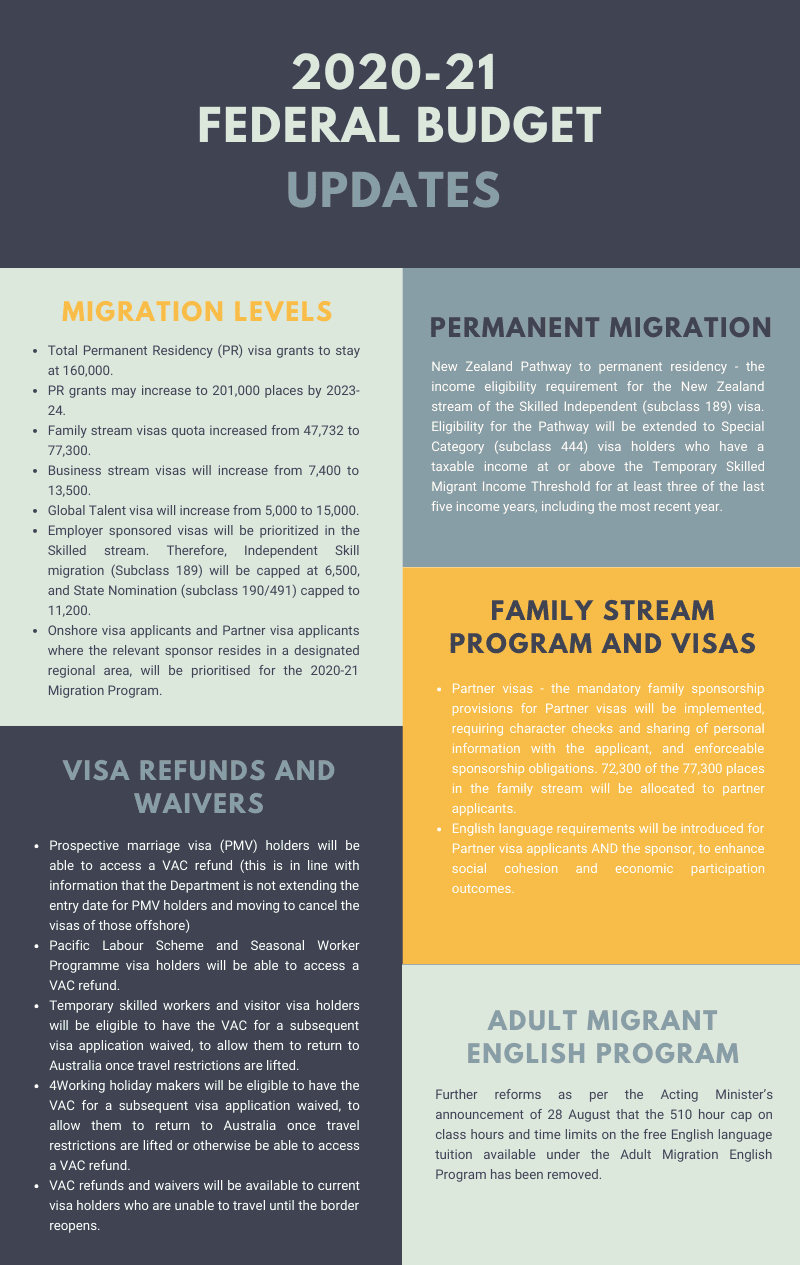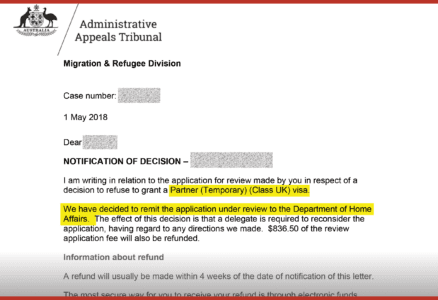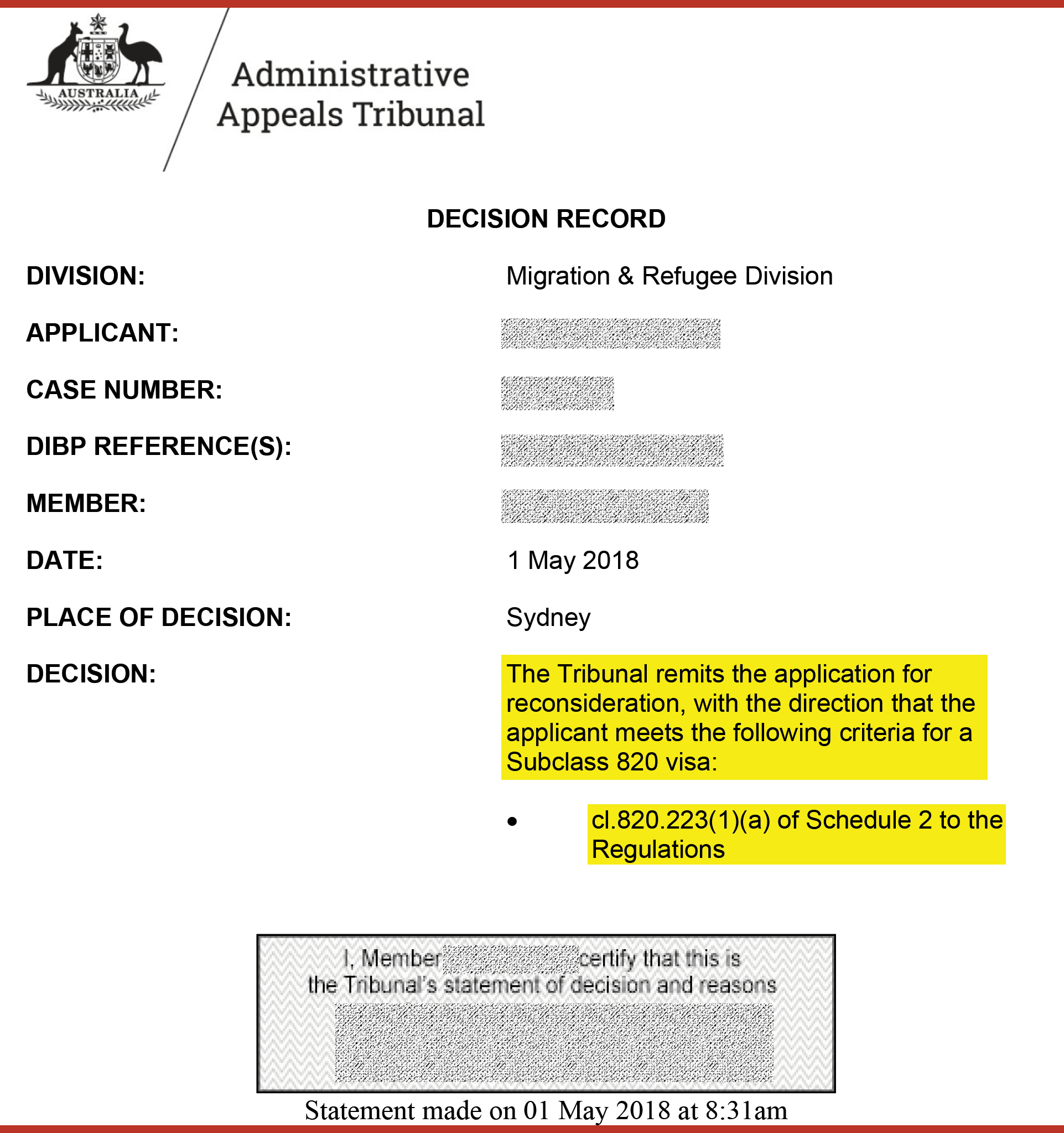In the recent years, we noticed a significant increase in number of cases involving misleading or deceptive conduct and breach of contract in property development projects.
Case Study
In one of our recent cases, our client is a successful business migrant from PRC and does not speak any English. Through a friend who lives in Australia, also from China, our client was introduced to a local property development company. The company introduced land subdivision project to our client stating that:
- Our client needs to only invest $920k into the project company.
- The return on investment is 20% per year
- The project will be completed in 2 years.
The friend was present at all meetings and was translating for our client. Our client relied heavily on and trusted the friend. The friend helped the company convince our client that the project is very profitable. Our client ultimately invested $920m and flew back to China. After almost 6 years, our client did not receive any money back from the company.
Australia Consumer Law
Under the Australia Consumer Law (“ACL”), previously known as the Trade Practices Act, a person is prohibited from engaging in conduct that is likely to mislead another person. Intention to mislead is not required! What is “misleading conduct”?
- Any promise or representation made, even though it may be true at that time, but became incorrect or untrue at a later stage is false and misleading for ACL purposes.
- Any promises or representation about a future matter made without reasonable basis is also false and misleading for ACL purposes.
Back to our client’s case, all of the representations made by the company were false. Our client never received the 20% return on investment or any money from the investment.
Upon investigation, we found that the company has used the project company’s funds to invest into other projects without our client’s consent. We also found that that the project company and the director of the project company own properties valued between $3.5 to $4m.
We commenced action in the Supreme Court of Western Australia against the project company, the Company, and the director personally, for “misleading or deceptive conduct” and for breach of contract, claiming in excess of $4m in loss or damages.
At the same time, we made a strategic move in applying to the Court and successfully freeze all the assets of the company and the director.
The case went to trial and the Court found in our client’s favour. Our client received compensation of approximately $3.5m.
High Court Case
“Misleading conduct” is one of the most commonly used legal ground to commence legal action.
In a High Court Case, Henville and Another v Walker and another (2001) 182 ALR 37, the appellants purchased a block of land to subdivide into smaller blocks. The representations made by the Respondent as to the anticipated selling prices of the subdivided blocks were substantially overestimated. The project was undertaken and the appellants suffered loss.
The High Court decided that the respondent’s misrepresentations contravened the Act and has caused loss sustained by the appellants.
Concluding Remark
If you suspect that you may lose your investment, you should act as soon as possible, before the company you invested in goes into financial trouble. If the company is already in financial troubles, then we need to immediately search whether its directors and all persons involved in the misleading conduct to determine whether they have any assets.
The ACL has a very wide operation. It catches every person who is involved in the misleading conduct and such person could become personally liable to compensate you for your loss sustained.
Also, there is a limitation period at law. You will be barred from commencing legal action if you missed the limitation period. Please do not wait if you suspect that your investment may be loss.
ABOUT THE WRITER
Kelvin Tang has over 14 years’ experience practising law in Western Australia. He is the founder and Principal Partner of Tang Law based in Perth, Western Australia. Kelvin is a Registered Migration Agent (MARN: 1386452) and has extensive experience in providing migration advice to clients, advising on “Eligible Businesses” within the definition of the Migration Regulations, assisting migrants (investor of the business) with satisfying migration requirements, making visa applications and appealing cancelled or refused visas in the Federal Court of Australia, Administrative Appeals Tribunal and Migration Review Tribunal. Kelvin also has extensive experience in civil litigation, commercial and corporate law matters.









